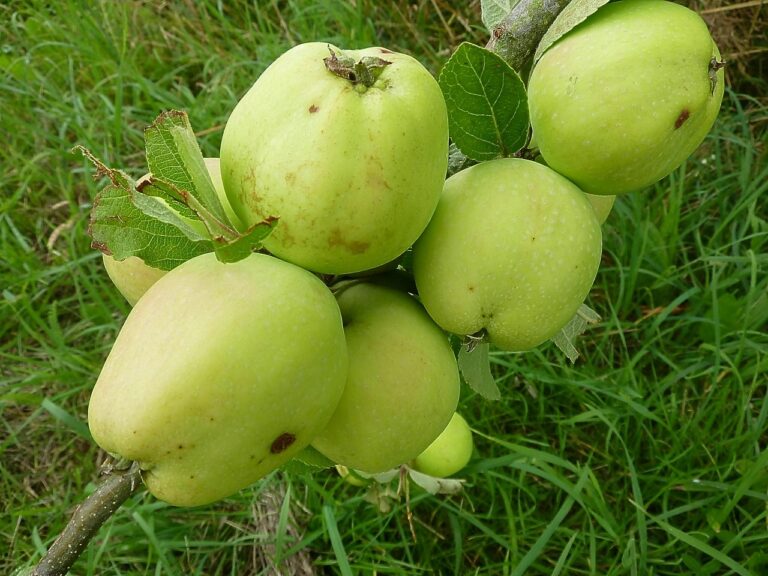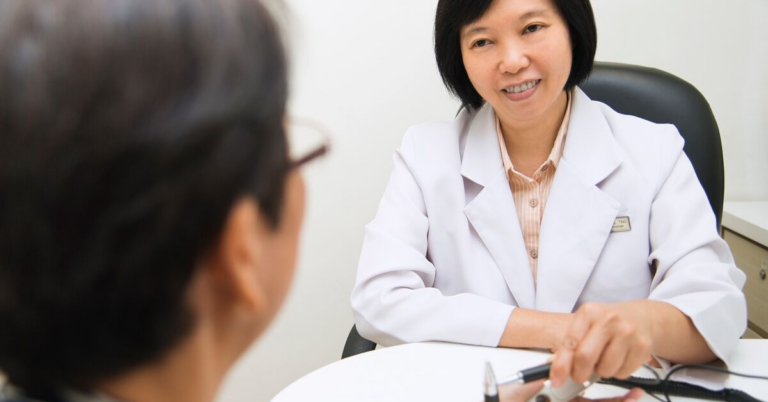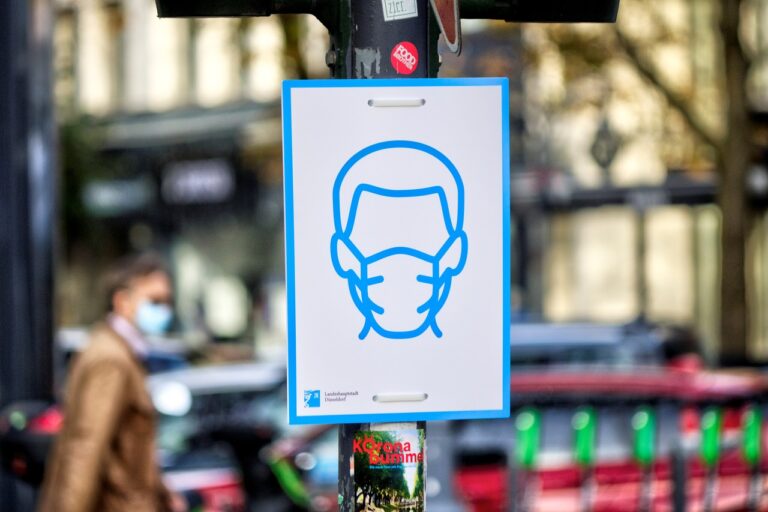Mental Health and Addiction: Understanding the Cycle
99 exch sign up, lotus 365.io, play exch.in:Mental Health and Addiction: Understanding the Cycle
Anyone who has struggled with mental health issues or addiction knows just how challenging it can be to break free from the cycle. These two issues are often intertwined, with one complicating the other and creating a vicious cycle that can be difficult to escape. In this article, we will explore the connection between mental health and addiction, and offer strategies for breaking free from this cycle.
The Connection Between Mental Health and Addiction
Mental health and addiction are closely linked, with each often exacerbating the other. Those struggling with mental health issues such as depression, anxiety, or PTSD may turn to substances like drugs or alcohol as a way to self-medicate and cope with their symptoms. Conversely, the use of these substances can worsen mental health issues, leading to a dangerous cycle of dependence and poor mental health.
Understanding this connection is crucial for breaking free from the cycle of mental health issues and addiction. By addressing both issues simultaneously and seeking professional help, individuals can work towards long-term recovery and improved mental well-being.
Breaking Free from the Cycle
Breaking free from the cycle of mental health issues and addiction is no easy task, but it is possible with the right support and resources. Here are some strategies to help you on your journey towards recovery:
1. Seek Professional Help: It is essential to seek professional help when dealing with mental health issues and addiction. Therapists, counselors, and addiction specialists can provide the guidance and support needed to overcome these challenges.
2. Build a Support System: Surround yourself with a strong support system of friends, family, and peers who understand your struggles and can offer encouragement and empathy.
3. Practice Self-Care: Taking care of your physical and emotional well-being is crucial in breaking free from the cycle of mental health issues and addiction. Make time for activities that bring you joy and relaxation, such as exercise, meditation, or hobbies.
4. Develop Healthy Coping Mechanisms: Instead of turning to substances to cope with stress or negative emotions, work on developing healthy coping mechanisms such as journaling, talking to a friend, or practicing mindfulness.
5. Stay Connected: Stay connected to your treatment plan and support system, even when things get tough. By staying engaged in your recovery journey, you can build resilience and strength to overcome challenges.
6. Practice Patience: Recovery is a journey, and it takes time. Be patient with yourself and celebrate small victories along the way.
By implementing these strategies and seeking professional help, individuals can break free from the cycle of mental health issues and addiction and work towards a healthier and happier life.
FAQs
Q: Can mental health issues cause addiction?
A: Yes, mental health issues such as depression and anxiety can contribute to addiction by leading individuals to self-medicate with substances like drugs or alcohol.
Q: Is it possible to recover from both mental health issues and addiction?
A: Yes, it is possible to recover from both mental health issues and addiction with the right support, treatment, and resources.
Q: How can I help a loved one who is struggling with mental health issues and addiction?
A: Encourage your loved one to seek professional help and offer your support and understanding throughout their recovery journey. It is essential to educate yourself about mental health and addiction to better support your loved one.
In conclusion, breaking free from the cycle of mental health issues and addiction is a challenging but achievable goal. By seeking professional help, building a strong support system, practicing self-care, developing healthy coping mechanisms, staying connected to your treatment plan, and practicing patience, individuals can overcome these challenges and work towards a brighter and healthier future. Remember, you are not alone in this journey, and with the right support and resources, recovery is possible.







